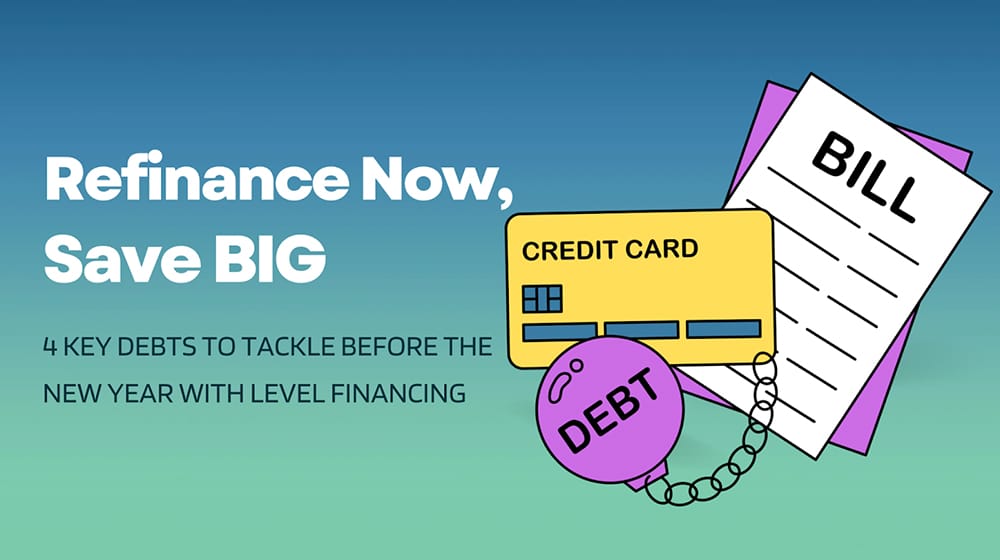Real estate crowdfunding has gained significant attention in recent times, but what is it all about, and how does it work? In this article, we will demystify the concept of real estate crowdfunding, delve into its pros and cons, and examine the current market landscape.
Additionally, we will highlight some real-world examples of successful (and not-so-triumphant) real estate crowdfunding operations and share our insights on the future prospects of this inventive investment approach.
A Straightforward Explanation
Essentially, real estate crowdfunding involves aggregating funds from numerous investors to finance property ventures. This enables individuals to partake in the ownership and earnings of real estate projects without having to acquire an entire property on their own. The idea resembles conventional crowdfunding, where individuals collaborate to finance a project or notion, except that the focus is exclusively on real estate investments.
How Does Real Estate Crowdfunding Work?
Real estate crowdfunding platforms serve as intermediaries connecting investors with property developers or proprietors. These platforms enable investors to peruse an array of real estate projects and invest in those that correspond with their interests and risk appetite.
Upon contributing to a project, investors obtain shares or a portion of ownership in the property. As the property yields income via rent or appreciation, investors receive returns proportional to their stake.

Advantages of Real Estate Crowdfunding for Investors
Inclusivity – Real estate crowdfunding extends investment opportunities to a broader audience, allowing individuals to invest in properties with smaller capital requirements than traditional real estate investments demand.
Diversification – Investors can distribute their risk across numerous properties, mitigating the consequences of a single underperforming investment.
Expert management – Numerous crowdfunding platforms partner with seasoned property managers and developers, granting investors access to specialized knowledge and expertise.
Transparency – Real estate crowdfunding platforms typically provide comprehensive information about each project, encompassing financial forecasts, property specifics, and developer histories.
Key Takeaway: Real estate crowdfunding is a form of investing that enables investors to pool funds towards property ventures. It offers broad investment opportunities, diversification benefits, and transparency on financial forecasts – all with reduced capital requirements compared to traditional real estate investments.
Drawbacks of Real Estate Crowdfunding
Illiquidity – Real estate investments are generally less liquid compared to stocks or bonds, implying that investors may face challenges when attempting to sell their shares and access their funds promptly.
Market volatility – The real estate market can be erratic, with fluctuations in property values or rental income potentially impacting crowdfunding investment returns.
Platform risk – Investors depend on the crowdfunding platform to administer the investment process, which might involve fees, possible mismanagement, or even fraudulent activities.
Key Takeaway: Real estate crowdfunding is not without its drawbacks, such as illiquidity, market volatility, and platform risks. Therefore, it is essential for investors to understand all the risks associated with this type of investment before committing to a project.

The Present Market Scenario
The real estate crowdfunding market has witnessed rapid expansion in recent years, with several platforms emerging to present diverse investment opportunities. Some prominent companies in this domain include Fundrise and RealtyMogul.
As the sector evolves, investors can anticipate more options and increased competition among platforms, potentially leading to reduced fees and enhanced services.
Emerging Possibilities and Progression
As technology advances and a growing number of investors become accustomed to online investing, real estate crowdfunding is poised to attract increasing interest from those seeking to diversify their portfolios.
Innovative investment structures, such as tokenization, could further transform how individuals invest in real estate.
How Can I Finance My Real Estate Crowdfunding Investments?
Real estate crowdfunding can be an excellent investment opportunity, but it requires capital upfront. A personal loan could help you obtain the necessary funds to participate in a lucrative project. With a personal loan, you can spread the cost of your investment over an extended period, making it more manageable to repay.
Level Financing offers flexible loans at competitive rates, making it an ideal option for financing your real estate crowdfunding transactions. Our loans are tailored to meet your specific needs, and we provide transparent terms and affordable monthly payments. You can apply for a personal loan quickly and easily online and receive the funds you need in a matter of days.
We understand that real estate crowdfunding projects can have varying timelines, and our flexible loan options will allow you to repay the loan on your terms. Our repayment terms range from 12 to 60 months, and you can choose between fixed or variable interest rates to suit your financial goals.
Investing in real estate crowdfunding can be a profitable venture, and Level Financing is here to help you finance your investments with ease. We offer competitive rates, flexible terms, and a hassle-free application process. Apply for a personal loan today and start investing in your future.
Read More: Taking Out a Personal Loan for Investment Properties

To Sum It Up
On the whole, real estate crowdfunding presents attractive opportunities for both inexperienced and seasoned investors to gain exposure to the property market.
Although risks are inherent, the potential for diversification, professional management, and accessibility makes it an appealing choice for many.
As with any investment, thorough research and consideration of personal risk tolerance are crucial before taking the plunge.




